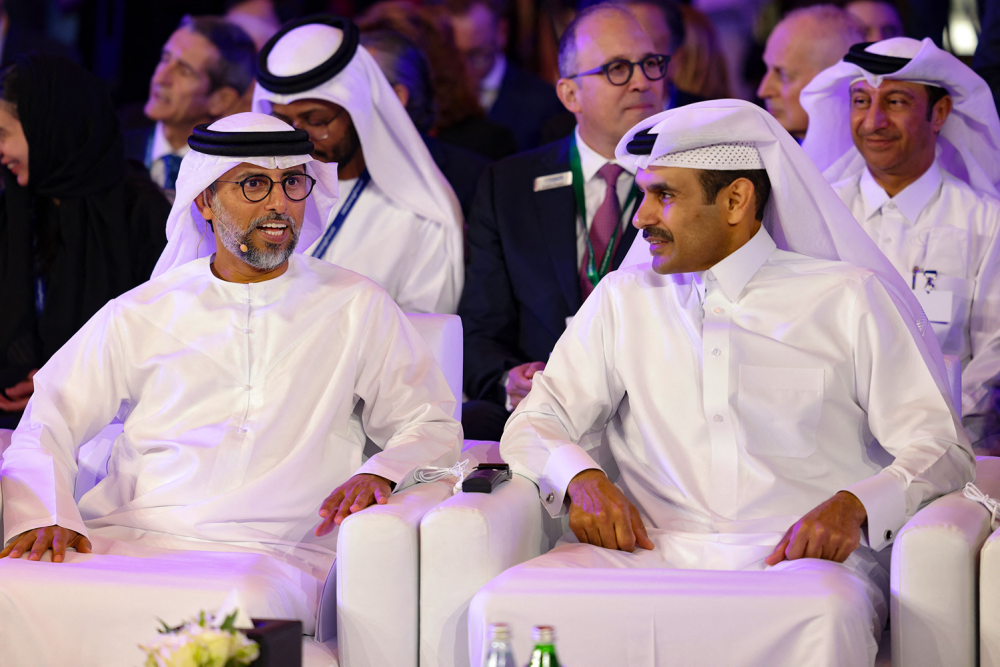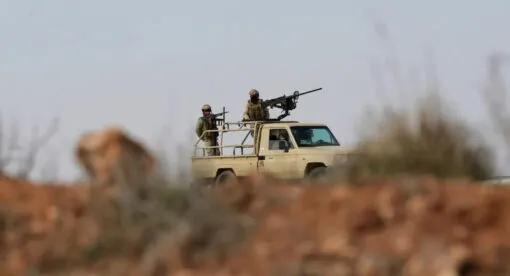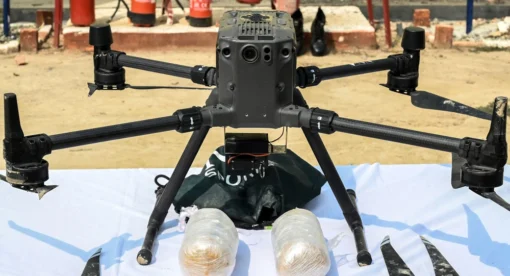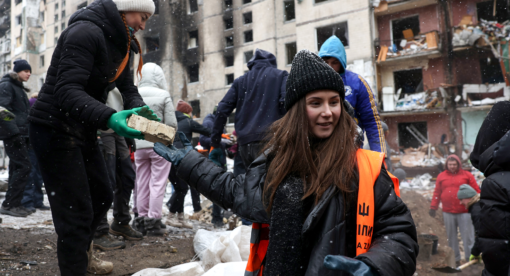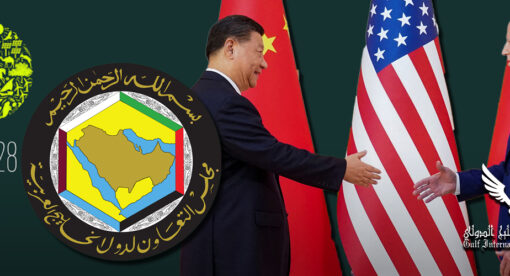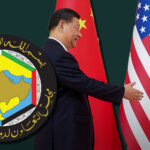The Gulf Cooperation Council has maintained links to both Russia and the West.
A key facet of Russia’s war in Ukraine has been the emergence of players that fall outside the conflict’s pro-Western and pro-Russian dichotomy yet are influential in shaping its trajectory. One group of players that falls outside the West-Russia split is the six member states of the Gulf Cooperation Council (GCC), consisting of Saudi Arabia, the United Arab Emirates, Qatar, Kuwait, Bahrain, and Oman. Although loosely allied with Western powers like the United States, they’ve been reluctant to get fully on board with anti-Russian measures. While vastly smaller in size and population than the continental giants of China and India, the GCC states have influenced key dynamics of the war in Ukraine: energy, diplomacy, and the intersection of Eurasian geopolitics with that of the Middle East.
The GCC is a major player in global oil and natural gas markets, collectively accounting for nearly 40 percent of the world’s proven oil reserves and 23 percent of proven natural gas reserves. This is an important factor, given that the United States and European Union have made diversification away from Russian energy a key part of their strategy to contest Moscow’s war efforts in Ukraine and reduce Moscow’s revenues.
GCC countries have served important functions related to both of these Western efforts. On diversification, Europe imported more oil from Saudi Arabia, the UAE, and Kuwait in the first 10 months of 2022 compared to the same period the year before (and in the case of Saudi Arabia and UAE, more than the previous three years total). Natural gas flows from the Persian Gulf to Europe have also increased: Qatar was the EU’s second-largest liquefied natural gas (LNG) supplier (after the United States) last year, delivering 16 percent of its LNG supplies to the European bloc in the first 10 months of 2022. Meanwhile, state-owned QatarEnergy signed a 15-year deal with Germany in November 2022 to supply 2 million metric tons of LNG per year starting in 2026, cementing long-term ties between the Gulf’s largest LNG provider and Europe’s largest economy.
Read the rest in Foreign Policy.

